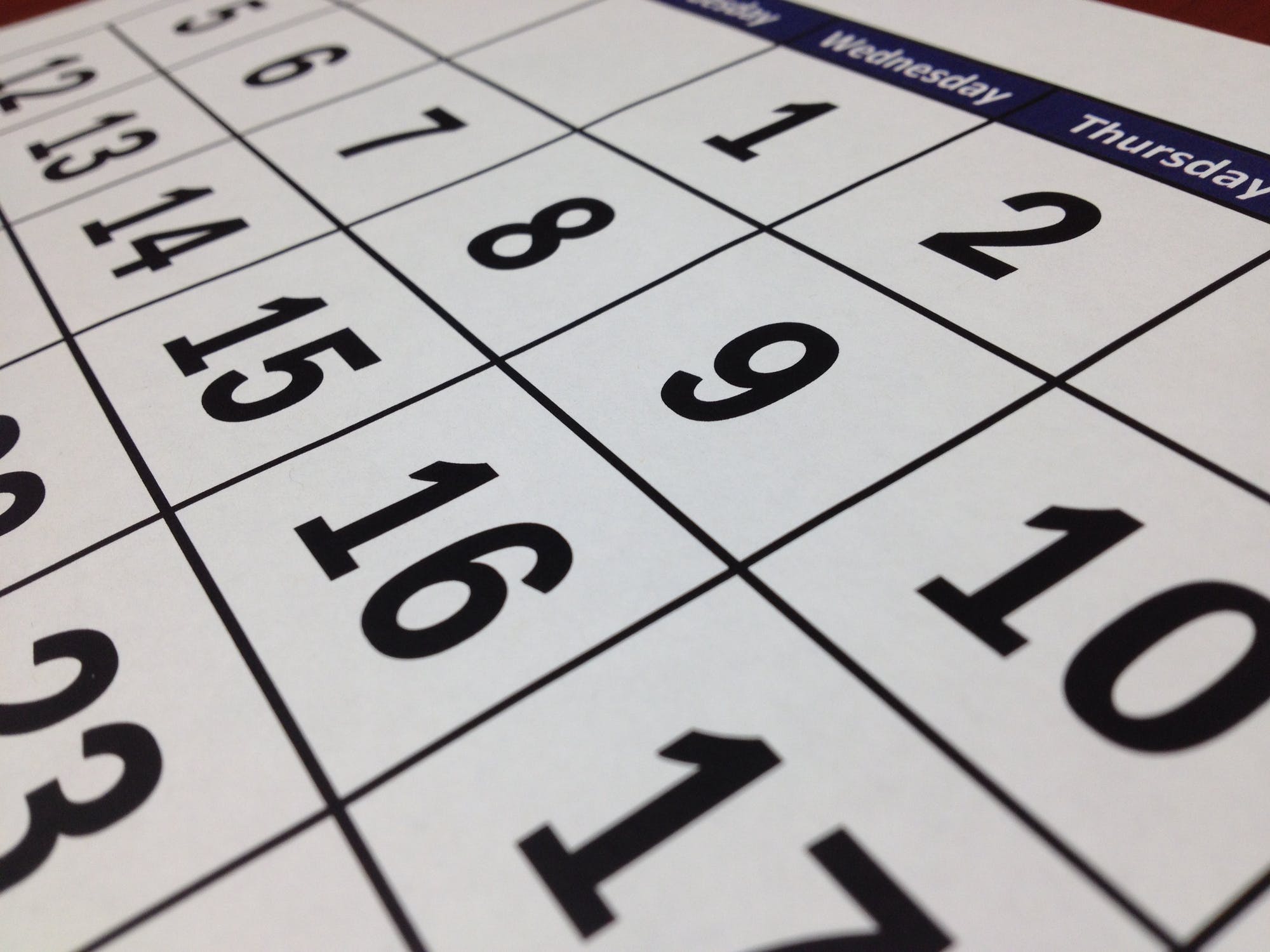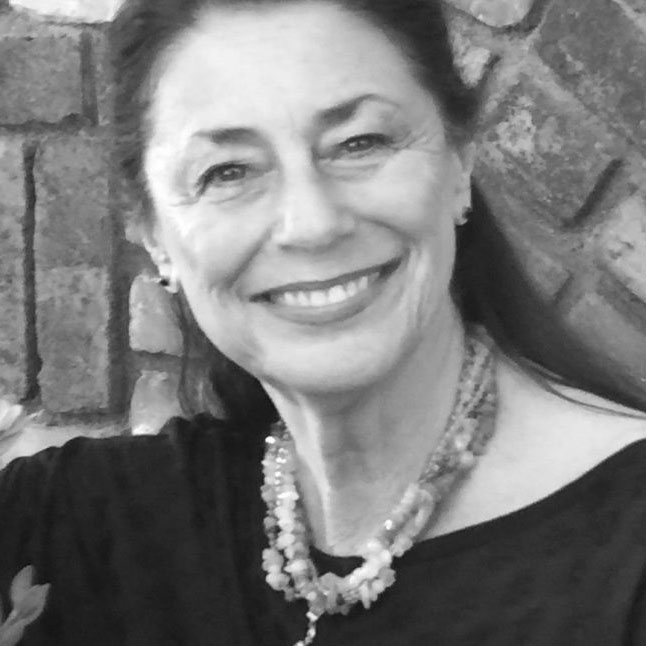 Photo by Pexels
Photo by Pexels Happy New Year!
You’re probably thinking, “Rabbi you got it wrong. It’s not until the fall and Rosh Hashanah that we celebrate the Jewish New Year.” Yes, this has become the convention as the rabbis shifted the focus toward commemorating the creation of the world. But Torah teaches that it is precisely in the spring that our Jewish calendar begins, “This month … shall be for you the first of the months of the year.” (Exodus 12:1-2) Originally called HeAviv, meaning springtime, this new month, Nisan, is a natural fit when new buds emerge after a dark, damp winter. This month heralds Passover, when we receive the gift of liberation after hundreds of years of slavery in Egypt. The birth of a people is formed and we enter into a new relationship with time.
The Jewish calendar, a yearly cycle of 12 months (except when there is a Jewish leap year, during which a 13th is added), whose names were adopted during our exile in Babylonia more than 2,000 years ago, includes multiple holidays based on the agricultural harvests, important historical events, as well as rabbinic additions of critical moments that enhance our spiritual life. Jews continually remember and celebrate these holy days, each with its own rituals, customs, special character and themes along with an opportunity for personal growth. This happens on multiple levels — required mitzvot (the commanded rituals), family customs in the home, communal gatherings in synagogues and public institutions, as well as being invited inward, to our inner landscape, challenging us to engage psycho-spiritually, mystically through Kabbalah (examining sefirot, expressed through parts of the body) or ethically through Mussar (examining character traits), to bring more meaning and purpose to our lives.
For example, when Passover approaches we not only think about preparing our homes with a thorough ridding the space of chametz, the leavening agent that expands, but we also see this as a metaphor for our lives, an opportunity to examine habits and values, to “clean out” the parts of our lives that can undermine our goals or sabotage our relationships. We might look at the parts of our personality that, like chametz, expand and puff up, feeding narcissistic behavior and impacting our relationships in negative ways. We might question how free we truly are, perhaps enslaved to outmoded behaviors and ideas. Are there inherent taskmasters in our lives — phones, social media, guilt, grief, etc., that control us more than we are aware? Kabbalah invites investigating where in the body dysfunction is expressed. Mussar demands attention to our character traits. This kind of examination might bring new awareness and possible resolution to untapped issues.
“The Jewish calendar calls us to engage in sad and happy moments.”
Each of the holidays is an invitation to experience what the rabbis call keva, fixed requirements, and kavanah, deep intention, of these sacred moments. Both are ways in to celebrate and experience the holy days. Whether through fulfilling the ritual obligations, finding cultural connections or harvesting new awareness of our selves, the calendar is a touchstone to Jewish identity. With their varied themes and emotional expression, each of the holidays gives us an opportunity to elevate daily living and find sanctity in our lives.
Although the cycle is repeated every year, we examine ourselves anew, refining the essence of who we are and experiencing new levels of awareness and wholeness. Unlike the secular calendar that is a reminder of things to do and places to go, the Jewish calendar calls us to engage in sad and happy moments while challenging us to look beneath the surface and ask the hard questions about our beliefs and our behavior such as: What does freedom really mean? How do we see miracles in our everyday lives? Do we need to be enslaved before we can appreciate freedom? Do we need darkness in our lives before we can see the light? Do we treat others — friends, family and strangers — with equal respect?
These and other questions arise to examine our lives and perhaps find the presence of the divine. During the year, I will offer a spiritual doorway into each of the coming holy days, and questions that might bring a connection and a deeper relationship to the Jewish year and the Holy One.
Eva Robbins is a rabbi, cantor, artist and author. To view a chart for this story, visit Robbins’ blog.























 More news and opinions than at a Shabbat dinner, right in your inbox.
More news and opinions than at a Shabbat dinner, right in your inbox.